An evidence-based gamified mHealth intervention for overweight young adults with maladaptive eating habits: study protocol for a randomized controlled trial
- PMID: 29233169
- PMCID: PMC5727945
- DOI: 10.1186/s13063-017-2340-6
An evidence-based gamified mHealth intervention for overweight young adults with maladaptive eating habits: study protocol for a randomized controlled trial
Abstract
Background: Cognitive behavior therapy (CBT) is the first-line of treatment for overweight and obesity patients whose problems originate in maladaptive eating habits (e.g., emotional eating). However, in-person CBT is currently difficult to access by large segments of the population. The proposed SIGMA intervention (i.e., the Self-help, Integrated, and Gamified Mobile-phone Application) is a mHealth intervention based on CBT principles. It specifically targets overweight young adults with underlying maladaptive behaviors and cognitions regarding food. The SIGMA app was designed as a serious game and intended to work as a standalone app for weight maintenance or alongside a calorie-restrictive diet for weight loss. It uses a complex and novel scoring system that allows points earned within the game to be supplemented by points earned during outdoor activities with the help of an embedded pedometer.
Methods/design: The efficacy of the SIGMA mHealth intervention will be investigated within a randomized, placebo-controlled trial. The intervention will be set to last 2 months with a 3-month follow-up. Selected participants will be young overweight adults with non-clinical maladaptive eating habits embodied by food cravings, binge eating, and emotional eating. The primary outcomes will be represented by changes in (1) self-reported maladaptive thoughts related to eating and body weight, (2) self-reported maladaptive eating behaviors in the range of urgent food cravings, emotional eating or binge eating, (3) as well as biased attentional processing of food items as indexed by reaction times. Secondary outcomes will be represented by changes in weight, Body Mass Index, general mood, and physical activity as indexed by the number of steps per day.
Discussion: Through an evidence-based cognitive behavioral approach and a user-friendly game interface, the SIGMA intervention offers a significant contribution to the development of a cost-effective and preventive self-help tool for young overweight adults with maladaptive eating habits.
Trial registration: ISRCTN, ID: 70907354 . Registered on 6 February 2017. The ISRCTN registration is in line with the World Health Organization Trial Registration Data Set. The present paper represents the original version of the protocol. Any changes to the protocol will be communicated to ISRCTN.
Keywords: CBT; Gamification; Maladaptive; Overweight; Young adults; mHealth.
Conflict of interest statement
Authors’ information
All authors read and approved the final manuscript.
Ethics approval and consent to participate
An application for ethical approval was submitted to the Ethics Committee from Babeș-Bolyai University in Cluj-Napoca (Romania) and to the University of Bucharest, Bucharest (Romania). It resulted in approval on 6 February 2017 (Record Reference: 30599/06.02.2017) and on 13 June 2017 (Record Reference: 06). The Informed Consent Form will be provided by the investigator prior to the participants’ inclusion in the study.
Consent for publication
Not applicable
Competing interests
The authors declare that there are no conflicts of interest to report.
Publisher’s Note
Springer Nature remains neutral with regard to jurisdictional claims in published maps and institutional affiliations.
Figures
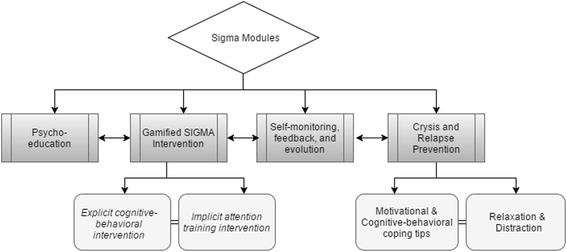
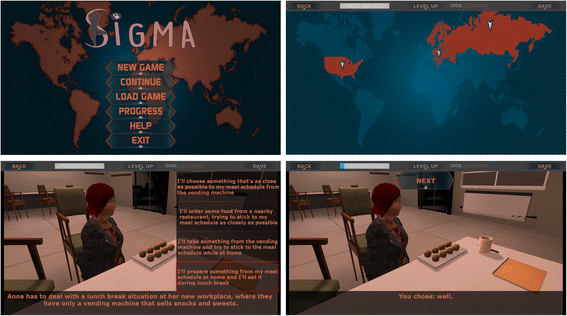
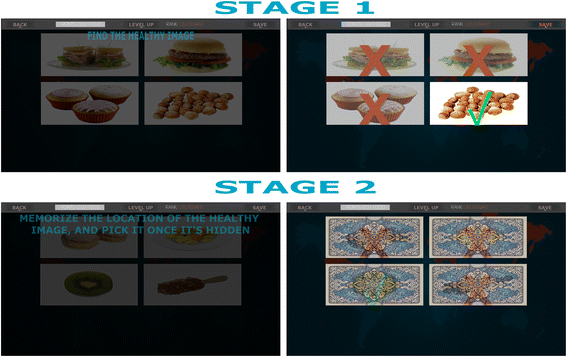
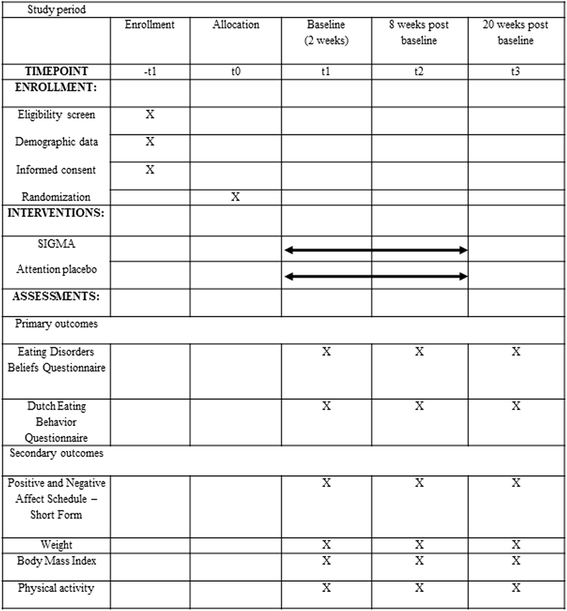
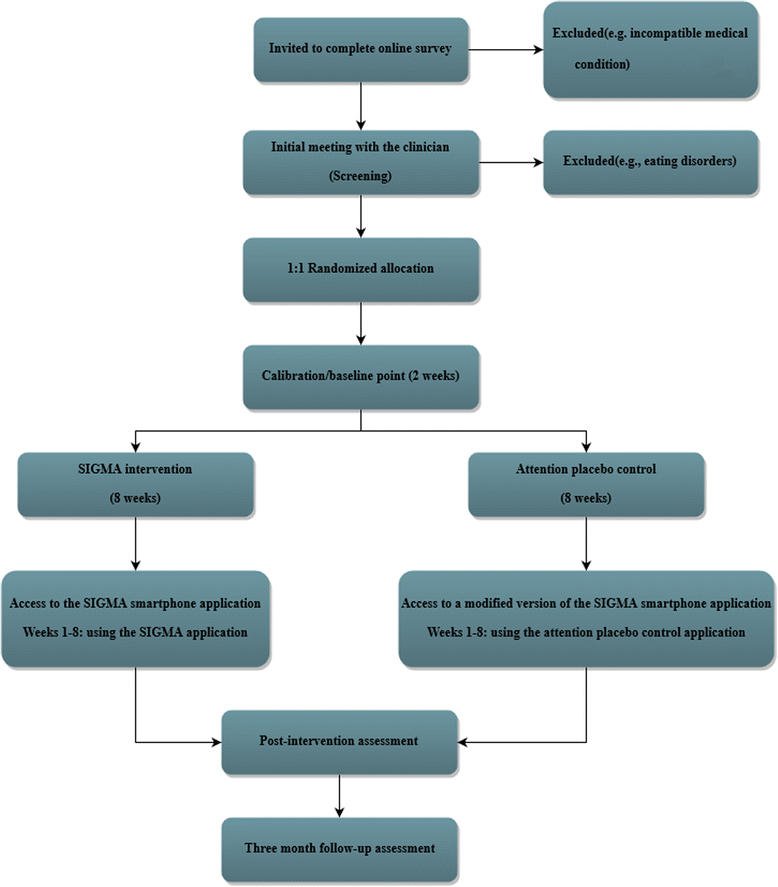
References
-
- World Health Organization . Obesity, situation and trends. Geneva (CH): World Health Organization; 2014.
-
- Gatineau M, Dent M. Obesity and mental health. Oxford: National Obesity Observatory; 2011.
-
- Dobbs R, Sawers C, Thompson F, Manyika J, Woetzel J, Child P, McKenna S, Spatharou A. Overcoming obesity: an initial economic analysis. McKinsey Global Institute; 2014.
-
- Fairburn CG. Cognitive behavior therapy and eating disorders. New York: Guilford Press; 2008.
Publication types
MeSH terms
Grants and funding
LinkOut - more resources
Full Text Sources
Other Literature Sources
Medical

